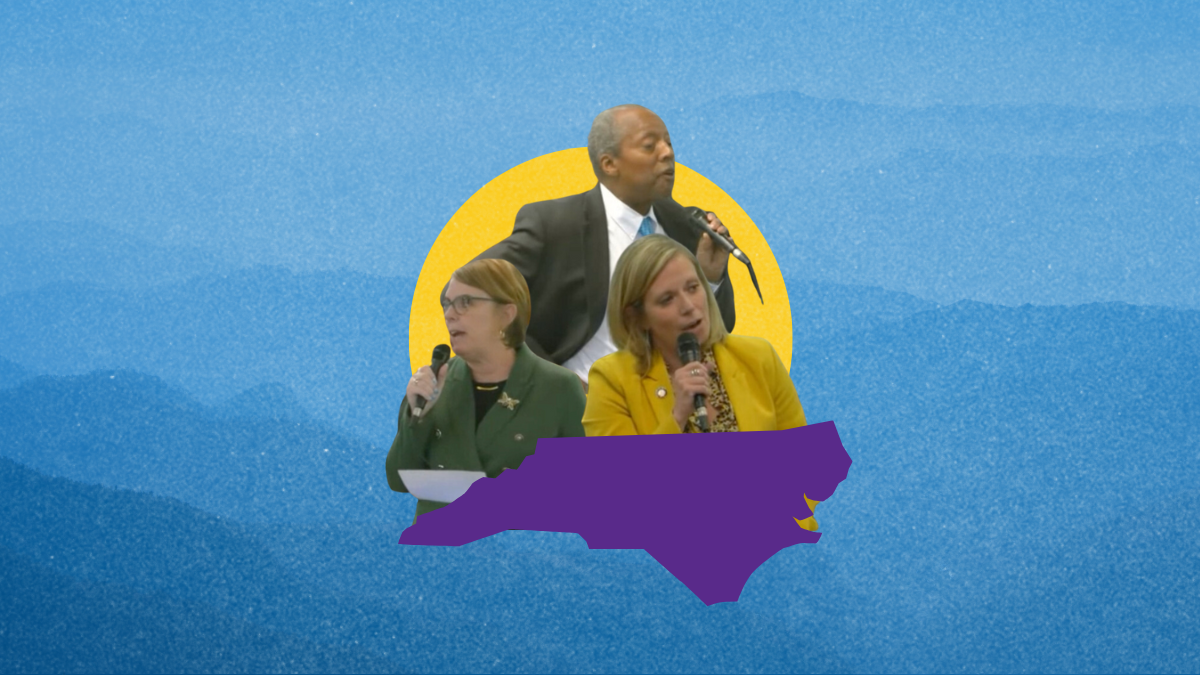Source: WRAL
The Republican-led North Carolina House of Representatives just advanced a bill with $227 million in relief aid for victims of Hurricane Helene — using the desperately needed legislation to force through unrelated provisions aimed at stripping power from the governor, attorney general, and other incoming Democratic leaders.
The bill was written in secret by Republican leadership, skipped typical processes for debate and committee-level vetting, and released to the public just minutes before the legislative session began.
The legislation would limit the power of the attorney general by banning the office from taking stances in court that don’t align with the opinions of state legislative leaders. It would also restrict the attorney general’s ability to advocate for customers at the state commission that oversees Duke Energy and other utilities.
The bill would also strip the governor’s control over the State Board of Elections — a goal Republican leaders have been chasing for nearly a decade. What’s more, the legislation would eliminate state commissions on energy policy and school safety— commissions currently led by Republicans who just lost their elections to Democrats.
“Many people and communities are hurting and need our help, but instead of stepping up, the Republicans in the General Assembly are grabbing power and exacting political retribution,” Governor-elect Josh Stein wrote on social media Tuesday. “How about they do their jobs so we can do ours? North Carolina deserves better.”
Last month, Gov. Roy Cooper announced that the state had estimated damage from Hurricane Helene at $53 billion. Noting that the federal government and insurance companies were also expected to cover some of that, he proposed North Carolina spend about $3.9 billion on relief aid. Lawmakers instead passed a $604 million relief bill, which Cooper signed into law while calling for more. Combined with an earlier $273 million in relief approved in the immediate aftermath of the storm, the state has now spent $877 million on Helene aid —$3 billion short of what Cooper has proposed.
State lawmakers recently returned to session to overturn Gov. Cooper’s veto of a bill that would massively expand state spending on private school vouchers. Cooper said Wednesday that he thinks legislative leaders’ priorities are backward: The Republican-led House and Senate should allow his veto of the voucher bill to stand, he said, so that the chambers can shift those hundreds of millions of dollars toward Helene aid.
Last week, WRAL reported that a main reason Democrats appear to have broken the GOP’s veto-proof supermajority in this year’s elections is because Democratic state Rep. Lindsay Prather, D-Buncombe, won reelection even though GOP lawmakers redrew her district to heavily favor a Republican candidate.
In an interview, Prather attributed her win to her work helping locals in the aftermath of Helene, asserting that Republican leadership should be mindful of that going forward. “The two bills that we have passed in Raleigh have not done nearly enough for folks,” she said.





